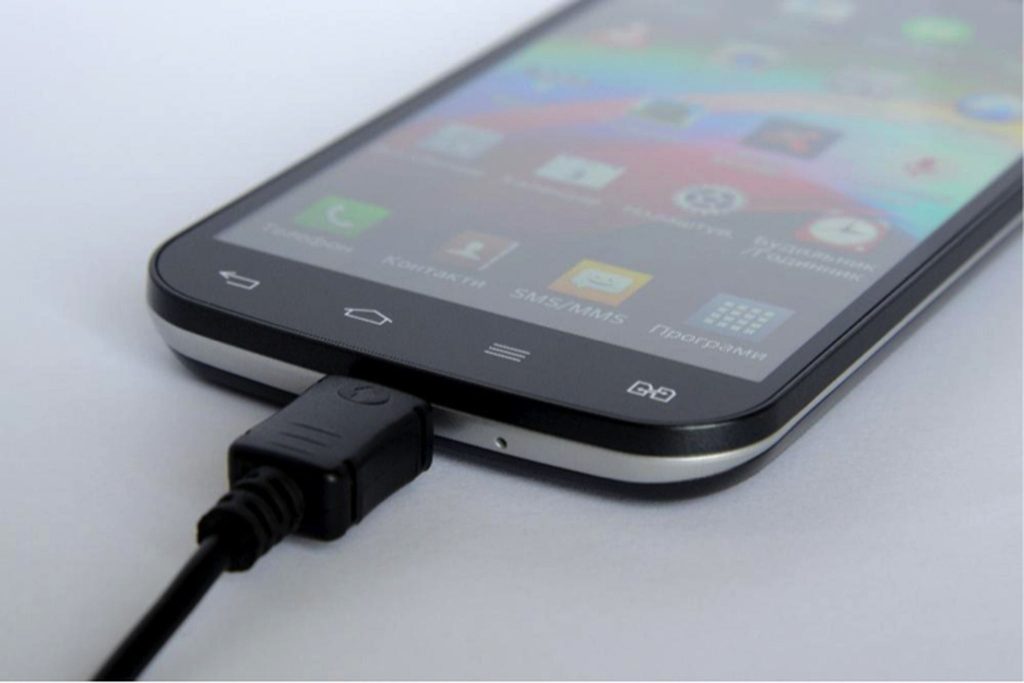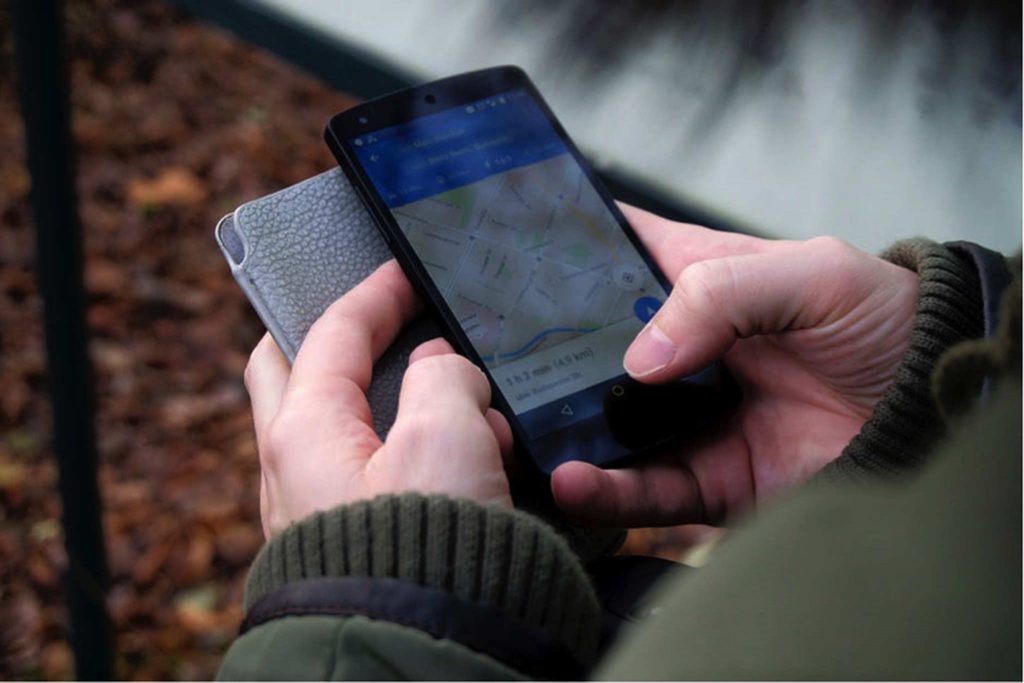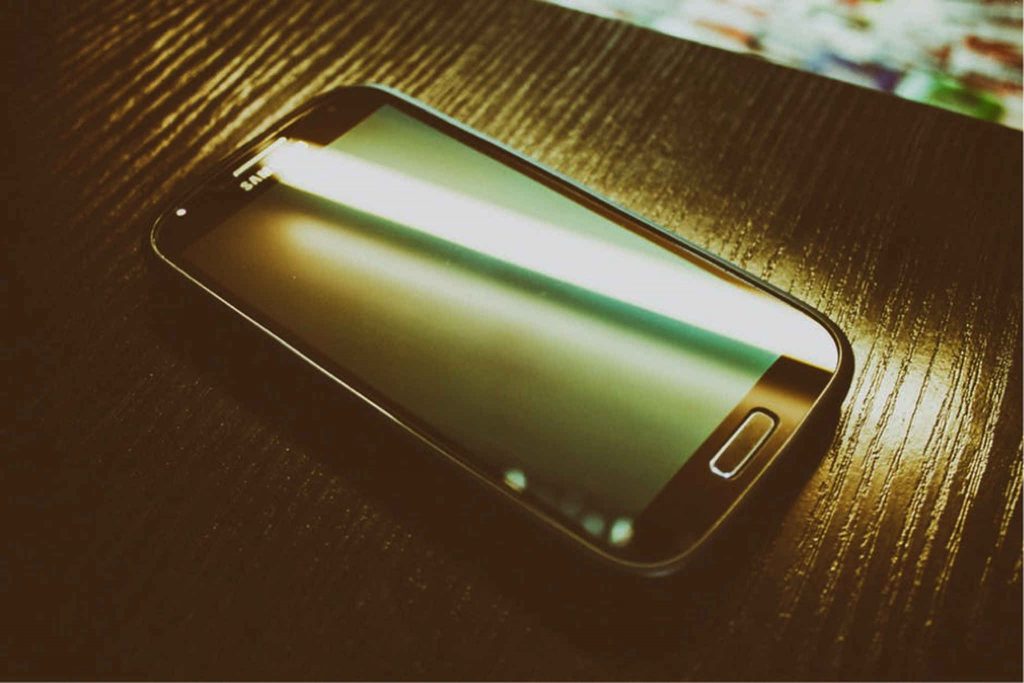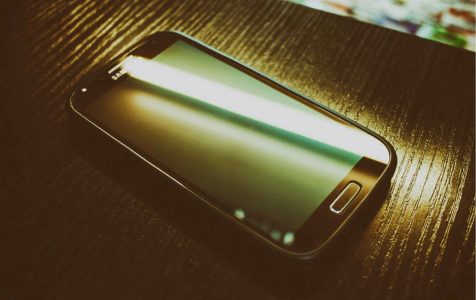We do a lot of stuff using our Android phones – gaming, banking, browsing, streaming, texting, calling, file managing and a lot more. Your Android phone is one busy gadget. It’s no wonder why phone overheats. Android phones overheating is a common issue, but don’t think that it is normal because phones should not overheat just because you’re using them. So if you feel that the device’s temperature is rising, there must be something wrong with it. If you notice that your device is heating up at some point, whether during charging or regular use, give it a break and try figuring out the cause. In this article, we’ve listed down the solutions for the common reasons why Android phones overheat.
1. Always use original charger.

The charger and cable that comes with your device were designed to be completely compatible with your phone or tablet. If you use a different charger, you run the risk of damaging your phone because these chargers were not meant for your phone. Using a phone charger other than that one that came with your phone raises the risk of destroying your battery, and it is the number one cause of device overheating. So make sure to always use the original charger. If it becomes defective, get a replacement from the device manufacturer.
2. Charge your phone properly.
Aside from using the original charger, there are also other tips you have to remember when charging your phone. Don’t overcharge your device because it will wear out the battery. When it’s daytime, it’s best to charge the battery up to 70% or 80% because studies have shown that charging your device up to 100% damages your battery. At night, before sleeping, charge it to 100% but don’t charge it overnight. You also need to avoid charging your device with just a USB cable because the voltage is not stable and secure, the voltage drop may damage your battery.
3. Check your Wi-Fi.
Wi-Fi, by itself, does not cause phone overheating. However, some background processes are triggered whenever your device connects to Wi-Fi. These processes are the ones that may cause your phone to heat up, so check which processes automatically connect to the Wi-Fi and turn off the ones that you don’t need. Furthermore, make it a habit to disable the Wi-Fi connection when you don’t need your phone to connect to the Internet.
4. Turn off your Bluetooth and GPS when not in use.

The Bluetooth and the GPS continually run in the background, eating up your battery, even if you’re not directly using them. These 2 features continuously scan the area for available networks, which means they consistently consume power. If you’re playing games on your Android device, the Bluetooth and GPS are automatically turned on at the same time, then most probably your phone will overheat. So, make sure to turn these features off when you don’t need them. This applies not only to Bluetooth and GPS but to other services or apps as well.
5. Quit multitasking.
The effects of multitasking on your device is the same as the effects of multitasking in real life. In the real world, you lose focus, gets fatigued, and stressed out when you have so many things going on with your life. The same goes when you’re doing multiple items on your device. If you’re playing a game, posting on social media, chatting with a friend, and taking pictures at the same time, your device will definitely get overwhelmed and lead to Android overheating.
Even though smartphone devices have been designed to handle multiple tasks, there’s only so much your device can take. To make it easier for your phone, close the apps you are not using and check which background processes are not necessary and close them.
6. Let it rest.

We are somehow guilty of overusing our phones. Most of us use our devices continuously throughout the day, and whenever possible, we‘d rather do most of our tasks on them than on a computer. However, although many Android devices are powerful, there is a limit to what they can do, and these limitations are often dictated by the hardware. For one, Android devices don’t have the cooling mechanism computers are equipped with. That means they are not made for continuous use. Let your device rest in between tasks, so they don’t overheat.
7. Limit your streaming.
Some people watch videos on their phones all day because the majority of the content available is now in video format. Aside from YouTube, social media platforms like Facebook and Twitter are also filled with video content. However, too much streaming can be dangerous for your device. Playing videos require more work for your device’s processor, which in turn consumes more power and cause phone overheating. This is especially true for high-definition videos. Plus, you’re also using a Wi-Fi connection, that adds to the load. With all these factors, continuous streaming taxes the device, so limit your video viewing if you want to get more out of your Android phone.
8. Limit your gaming.
Playing games typically mean more work for your device’s processor and memory for graphics, audio, and Wi-Fi connection. When you combine all these processes, don’t be surprised when your phone overheats. Not all games are created equal. There are lightweight and straightforward games like word and puzzle games, while there are process-heavy games like NBA, Mobile Legends, PUBG, etc. However, the effects could be the same due to some other factors, regardless of the type of games you are playing. To avoid the device from overheating, the process from lagging, the game from crashing, and other issues, kill unnecessary background processes, apps, and games before you play.
9. Do not use plastic and leather cases.
We all want to protect our phones, but when you buy your phone case, consider the insulation properties of the material. Excellent thermal insulation reduces heat transfer between objects in contact. So when you’re choosing a phone case, do not select those made from plastic or leather. These materials keep the heat inside and prevent it from escaping outside which leads to overheating. Choose a phone case that is made of metal or other conductor material, so that the heat dissipates.
10. Do not use a damaged battery.
The fact that your phone is overheating means that your battery might be defective. If you have a removable battery, take it out and check for common battery issues like bulging or leaking and if you see any problem with your battery, replace it immediately.
If you had the device or battery for less than a year, you might be able to get a replacement from the supplier under warranty. So make sure to buy your batteries from authentic suppliers of your phone, because purchasing counterfeit batteries may not only lead to phone overheating but other accidents as well, such as corrosion your phone’s internal parts or in worse cases, explosions.
11. Give it proper ventilation.
As mentioned above, most Android phones don’t come with cooling systems. Hence, you need to let your device breathe properly. Also, don’t keep your phone in your pockets or leave it inside a hot car all day. Put your device in a well-ventilated place to let it breathe. You can put it on your table or a drawer when not in use.
12. Avoid direct sunlight.
We all know that standing directly under the sun for a long time can lead to sunburns. It’s the same with your device. Leaving it under the scorching heat of the sun will lead to overheating. So don’t leave your phone somewhere with direct sunlight. Keep it in a warm, dry, and well-ventilated place at all times.
13. Don’t turn your brightness up to the max.
Turning up the phone’s brightness level is the same as running lots of background processes because they both force your device to work harder than usual. If you’re out and the sun is bright, you can install a glare screen so you can use your phone no matter how bright it is outside.
14. Switch your phone to airplane mode when not in use.
When you’re not expecting any calls or urgent messages, you can let you phone breathe by switching to airplane mode. Your battery consumption will decrease because this mode makes it easier for your CPU and RAM.
15. Don’t let it swim.
Unless your phone is waterproof, don’t use it while swimming or taking a bath. It’s common sense, but you’ll be surprised at how a lot of people uses their phones while in the bathroom to listen to music or watch videos. And of course, accidents happen and their phones take a dive or get wet. When this happens, even if you dry your phone, water damage can still seep in, leading to overheating, power issues, and other problems.
As an added precaution, if your Android device has an LDI or Liquid Damage Indicator, check the sticker to see if it has been in contact with water. LDIs are usually white in color and changes to a different color when it comes in contact with moisture or water. If your phone gets wet, switch it off immediately and take out the batteries and other parts you can take out, before letting it air-dry. You’ll know if there’s been damage to your device when you turn it back on after a couple of days.
16. Don’t let it drink coffee – or any other drink.
The concept here is the same as the one above. Most people like to bring their coffee or drinks to their desk while working. If you spill your drink on your phone, follow the air-drying procedure for wet devices and more importantly, keep your gadgets away from any liquid as much as possible.
17. Give it a break.
Has your phone been left to charge all night? Have you been watching too many videos or playing games continuously on your device? Your phone needs a break too. Put it down from time to time, and let it rest. You can also reboot your phone to improve its speed and performance, at the same time extend its battery life.
18. Keep your software updated.
Outdated software is not a significant cause of Android overheating. However, keeping your operating system and apps updated will help make your device run smoother and faster, reducing the strain on your device. When everything runs smoothly, the ideal temperature is easily maintained, and overheating is avoided.
19. Clean up your phone.
Junk files such temporary files, cached data, cookies and other unnecessary files can harm your CPU and memory. As such, it is essential to keep your device free of clutter and junk. Of course, you can do this manually by going through your documents and app files and deleting them one at a time, but it will take forever for the cleanup. Instead of doing it the hard way, you can use an app like Android cleaning tool to scan and delete all junk files from your device.
20. Additional info
What do you do at the moment when your phone heats up? First, turn it off if you can. Then find the cause of the overheating and apply the necessary fix. Most of the time, however, turning off your device can resolve the overheating problem. You can fan your phone or blow on it to keep the temperature down.
